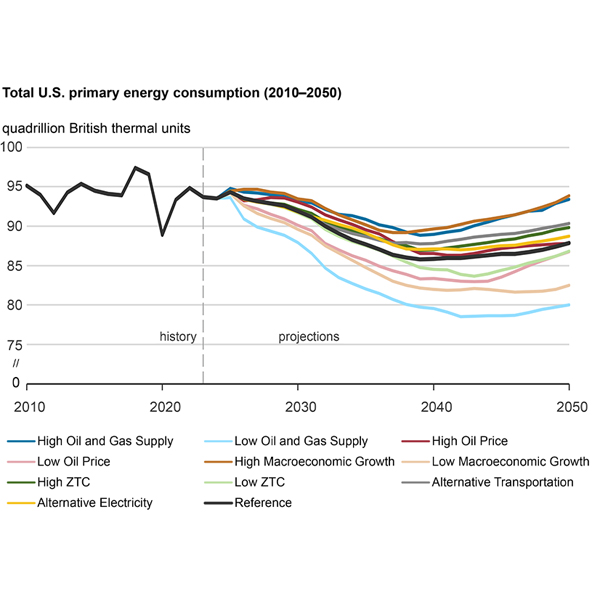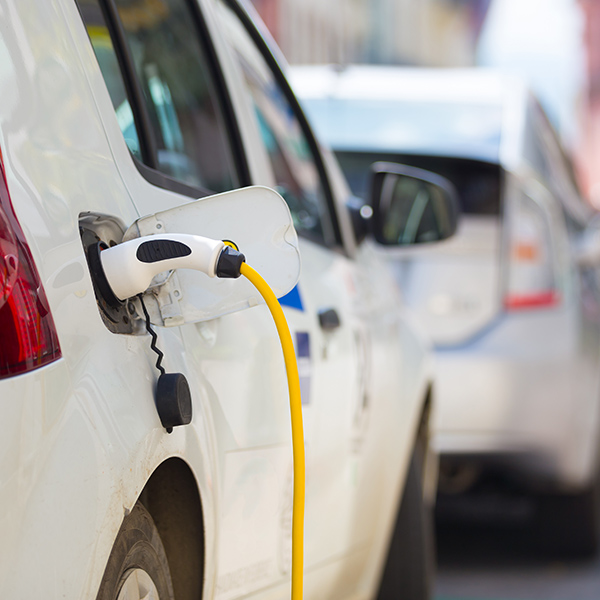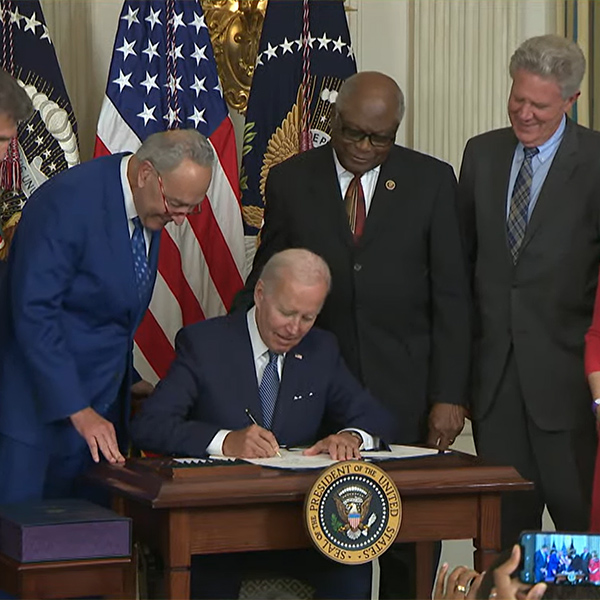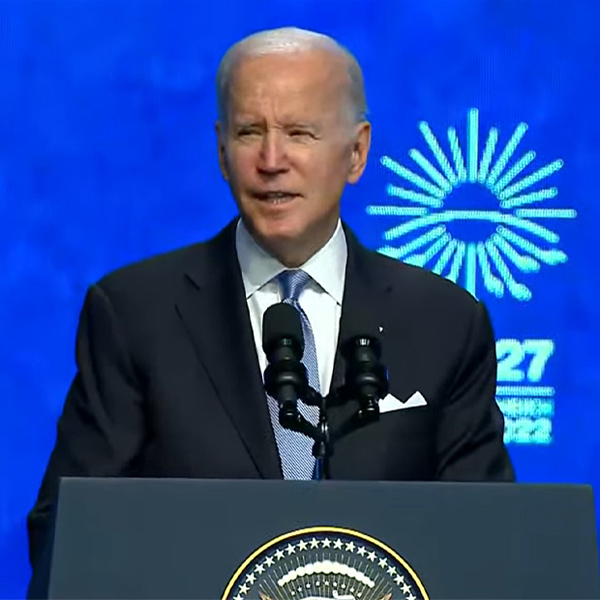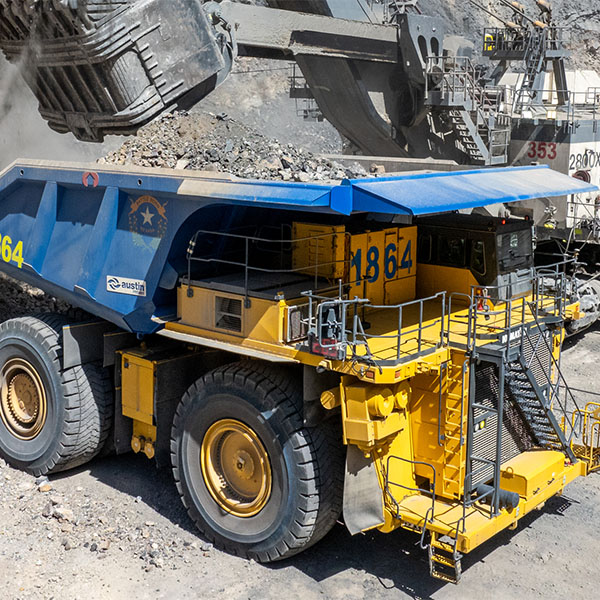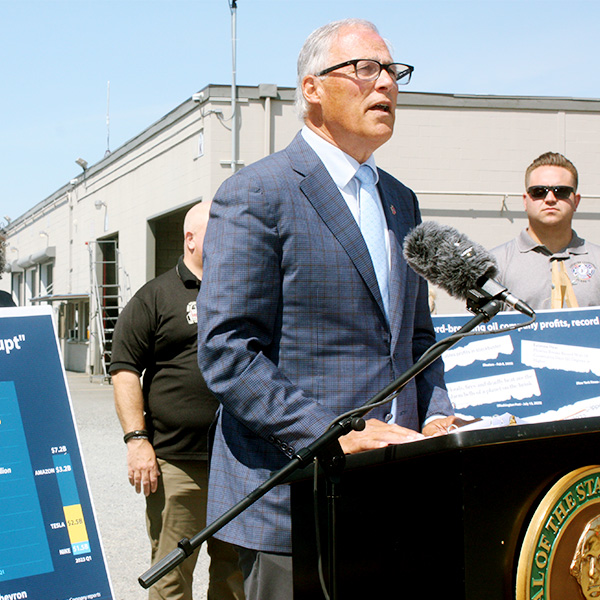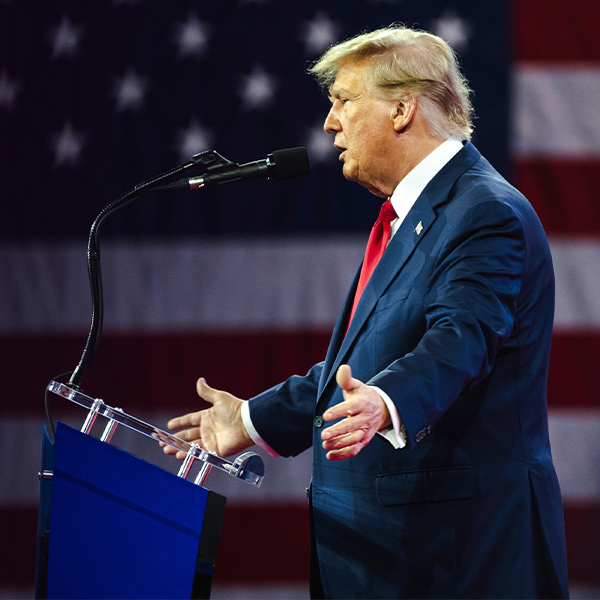Joe Biden
The Northwest Power and Conservation Council hired Peter Cogswell, the former director of intergovernmental affairs at BPA, as its next executive director.
The U.S. Energy Information Administration predicts sharp increases in renewable power generation and sharp decreases in coal-fired power in its 2025 Annual Energy Outlook.
With days left in his administration, President Joe Biden issued an executive order aimed at siting and permitting cutting-edge artificial intelligence data centers on federal land by 2027.
The grants represent the second round of funding from the IIJA’s $2.5 billion Charging and Fueling Infrastructure program.
The data center dilemma centers first on a familiar mismatch of timescales. Utilities and their regulators tend to plan based on the small, incremental demand growth. But development and the power demand it generates move at ever-increasing digital speed.
As they prepare to leave office, Biden administration officials remain confident that IRA funds already committed by DOE will be impossible to claw back by the incoming Trump administration.
As he prepares to leave office, President Joe Biden has submitted a new U.S. emissions-reduction target to the U.N., committing the country to cutting its greenhouse gas emissions economywide by 61 to 66% below 2005 levels by 2035.
The best way to Trump-proof the IRA funds is to get them out the door as quickly as possible, some advocates are saying. Unspent money could be at risk of never being spent.
President Biden and Vice President Harris will not travel to Azerbaijan for COP29, but a group of U.S. mayors, governors and corporate leaders is carrying a message of continued commitment to the goals of the Paris Agreement.
In the wake of President-elect Donald Trump’s victory Nov. 5, the clean energy industry is now obsessing over how far the next administration will push his own agenda in favor of fossil fuels,
Want more? Advanced Search

